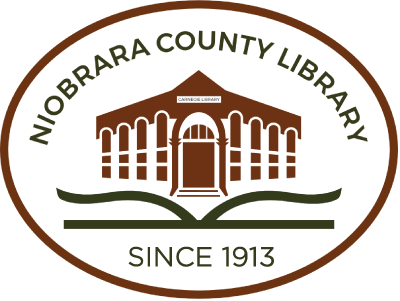The Pulitzer Prize for Fiction theme continues in a three-book discussion series slated for February, March and April, 2008 at the Niobrara County Library. The series will be held on Wednesday, February 6, Wednesday, March 5 and Wednesday, April 2 at 7 p.m.
Geraldine Brooks’ March was published in 2005 to immediate acclaim and won the 2006 Pulitzer Prize. From Louisa May Alcott’s “Little Women,” Brooks has taken the character of the absent father, March, and has added adult resonance to portray the moral complexity of war and a marriage tested by the demands of extreme idealism.
The Gilead by Marilynne Robinson won the Pulitzer Prize for Fiction in 2005. As the Reverend John Ames approaches the hour of his own death, he writes a letter to his son chronicling three previous generations of his family, a story that stretches back to the Civil War and reveals uncomfortable family secrets. Reverend Ames writes to his son about the tension between his father – an ardent pacifist – and his grandfather, whose pistol and bloody shirts, concealed in an army blanket, may be relics from the fight between the abolitionists and those settlers who wanted to vote Kansas into the union as a slave state. And he tells a story of the sacred bonds between fathers and sons, which are tested in his tender and strained relationship with his namesake, John Ames Boughton, his best friend’s wayward son.
One of the most acclaimed novels in recent memory, The Known World is a daring and ambitious work by 2004 Pulitzer Prize winner Edward P. Jones. The Known World tells the story of Henry Townsend, a black farmer and former slave who falls under the tutelage of William Robbins, the most powerful man in Manchester County, Virginia. Making certain he never circumvents the law; Townsend runs his affairs with unusual discipline. But when death takes him unexpectedly, his widow, Caldonia, can’t uphold the estate’s order, and chaos ensues. Jones has woven a footnote of history into an epic that takes an unflinching look at slavery in all its moral complexities.
Registration for this locally facilitated series begins January 2. Book copies are limited so be sure to register early by stopping at the library or calling 334-3490.

